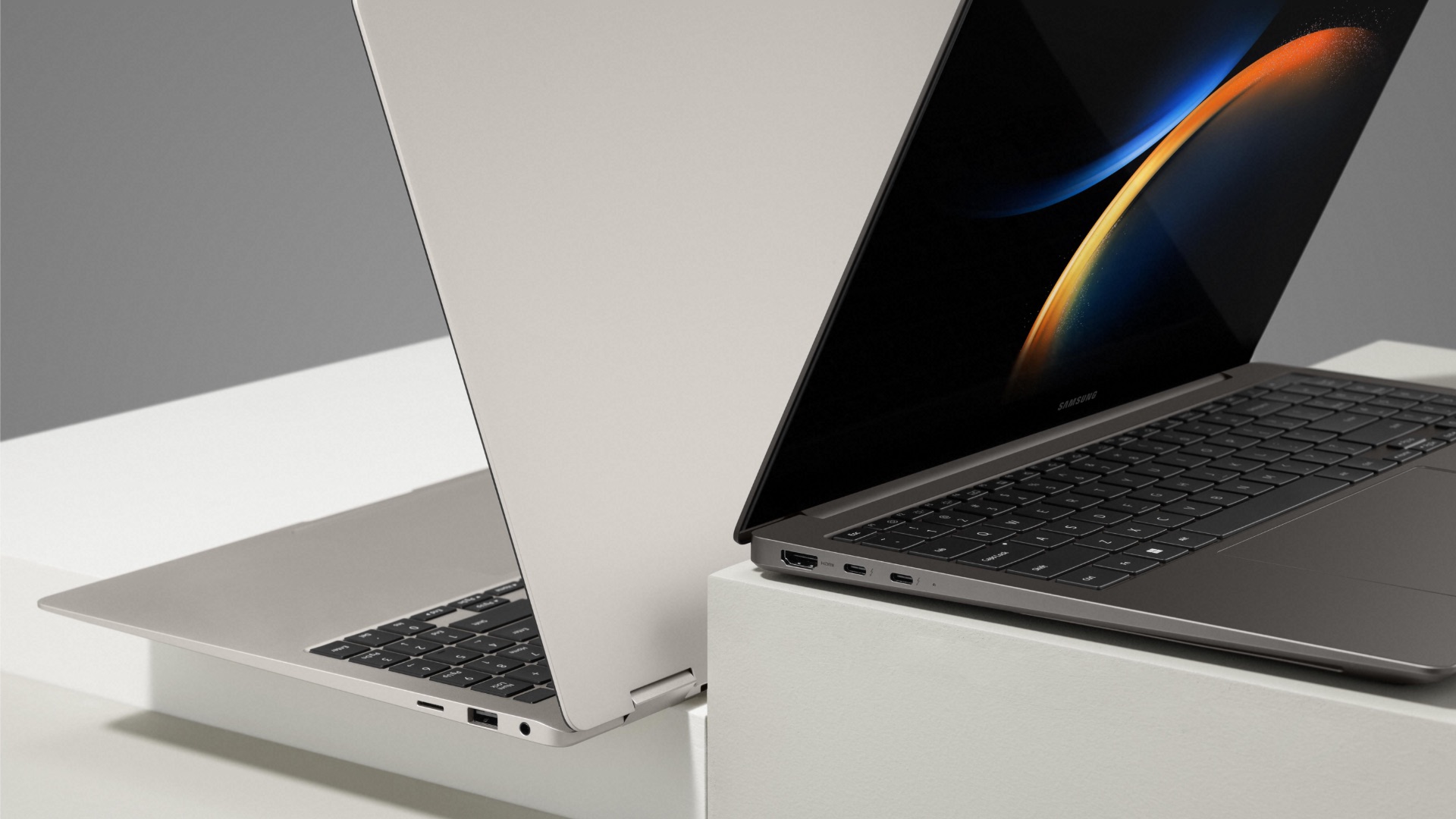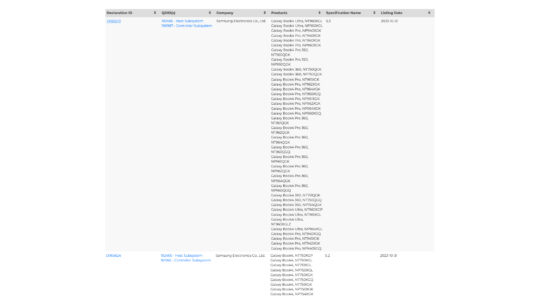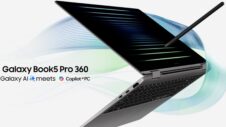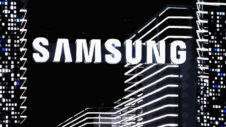Earlier this year, Samsung launched the Galaxy Book 3 series of laptops. Now, the company is readying itself for the launch of the Galaxy Book 4 lineup. The South Korean firm's new high-end laptops could launch early next year alongside the Galaxy S24 series, and all the models in the upcoming laptop lineup have been spotted.
Galaxy Book 4 lineup receives Bluetooth SIG certification, revealing all models in the series
The Galaxy Book 4 series has received certification from the Bluetooth SIG. The lineup consists of the Galaxy Book 4, Galaxy Book 4 360, Galaxy Book 4 Pro, Galaxy Book 4 Pro 360, and Galaxy Book 4 Ultra. All these laptops are expected to feature Intel's 14th Gen Meteor Lake processors. According to their certification documents, the Galaxy Book 4 features Bluetooth 5.2 and Wi-Fi 6, while the Galaxy Book 4 360, Galaxy Book 4 Pro, Galaxy Book 4 Pro 360, and Galaxy Book 4 Ultra have Bluetooth 5.3 and Wi-Fi 6E. The Galaxy Book 4 uses Intel's AX200 wireless card, while the other models use Intel's AX210 card.
Click the image below to view certification details clearly.
Galaxy Book 4 series laptops that feature Bluetooth 5.3 also support LE Audio. Thanks to Bluetooth LE Audio support on Windows 11, Galaxy Buds 2 Pro (and other compatible wireless earbuds) can offer improved stability and audio quality even in spaces with a lot of wireless interference. All these laptops run Windows 11 OS out of the box.
Although Samsung has confirmed that it will bring a Galaxy Book laptop that uses Qualcomm's newly announced Snapdragon X Elite processor, it doesn't look like any of the Galaxy Book 4 series laptops listed in the Bluetooth SIG database uses the Snapdragon chip. As we know, the Snapdragon X Elite features integrated Bluetooth 5.4 and Wi-Fi 7, and none of the Galaxy Book 4 series laptops recently discovered feature these wireless technologies.
The Galaxy Galaxy Book 3 Ultra was a success, and you can watch our Galaxy Book 3 Ultra review video below. If Samsung makes meaningful upgrades to the Galaxy Book 4 series, it could improve the company's ecosystem even further.








